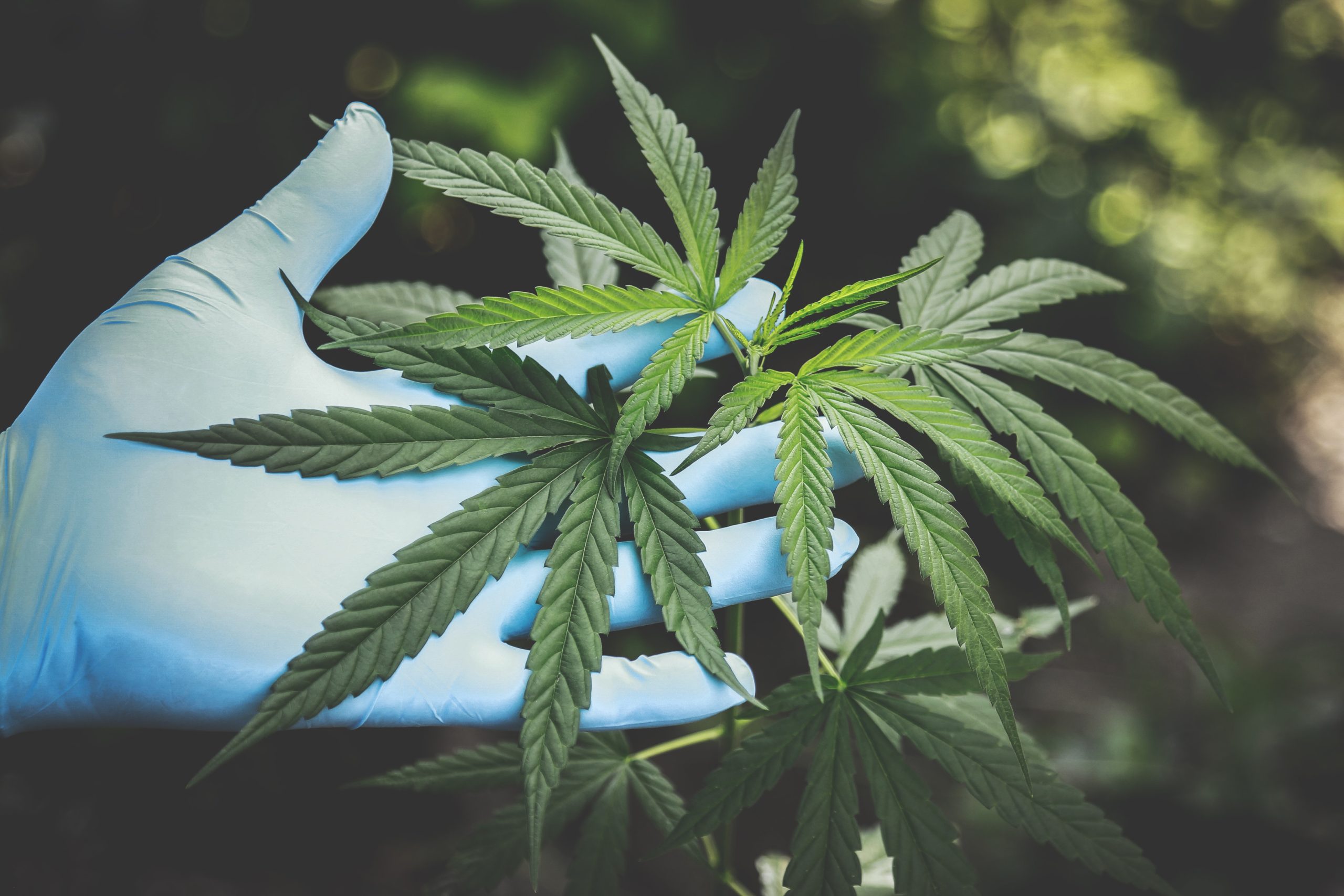Are you suffering from bodily pain? Anxiety or depression? Cancer-related symptoms? High blood pressure? Research suggests that CBD oil, of which you have probably heard often as of late, could help to tackle all of these health-related concerns and many others.
However, there are two important disclaimers to make here. One, the body of research into CBD’s supposed benefits is still modest, meaning that few conclusions about those benefits can be drawn. Two, an array of side-effects have been associated with CBD oil usage. Here are the facts…

What actually is CBD oil?
You might be surprised to learn that it is actually – in a sense – cannabis. However, don’t be too alarmed, as CBD itself won’t make you “high”. That effect is instead attributable to tetrahydrocannabinol (THC), the main psychoactive cannabinoid in the cannabis plant.
Cannabidiol (CBD) is another of the plant’s 104 cannabinoids, or chemical compounds. However, unlike THC, CBD won’t produce the “high” sensation. That leaves its users to enjoy CBD’s various health and medicinal benefits – if, of course, findings of past research are borne out.
What benefits does research suggest we can expect?
Marijuana has served as a treatment for pain relief since 2,900 BC. Judging from studies cited by Healthline, CBD could impact activity of endocannabinoid receptors in the nervous system and, in this way, help to reduce pain, including that resulting from multiple sclerosis and arthritis.
Meanwhile, if you often feel anxious or depressed, CBD might be able to help you rein in those negative feelings. One Brazilian study revealed that CBD of a carefully-chosen dosage led several men to feel much less anxious when facing a simulated public speaking test.
Other research hints that CBD usage could effectively address nausea and vomiting resulting from chemotherapy used in treating cancer. One study also found that a 600mg dose of CBD oil lowered resting blood pressure in healthy men. So, should you rush out to stack up on CBD oil?
Not so fast! Heed these potential side-effects, too
Such adverse effects uncovered by research include diarrhea, fatigue and changes in appetite and weight. “In doses used as a food supplement, CBD poses few risks, and side-effects are unusual but can include a dry mouth or drowsiness,” Dr Sarah Brewer tells NetDoctor.
Hence, if you are considering using CBD oil, discuss the matter with your doctor first. That way, you can ensure your ability to take CBD oil safely, without it interacting harmfully with other medications or supplements you might be taking.
How should you take CBD oil?
There are various ways to do so – for example, as capsules, creams and e-liquids. If you want to start vaping CBD, you could buy a CBD vape kit, pen and oil included, from VSAVI.
However, start with the lowest possible dose of CBD before, as Dr Brewer advises, “slowly building up over a few weeks, to find the dose that works best for you”. As CBD’s effects should be immediate, it’s easy to judge how well a particular dose works.
 2018 ·
2018 ·